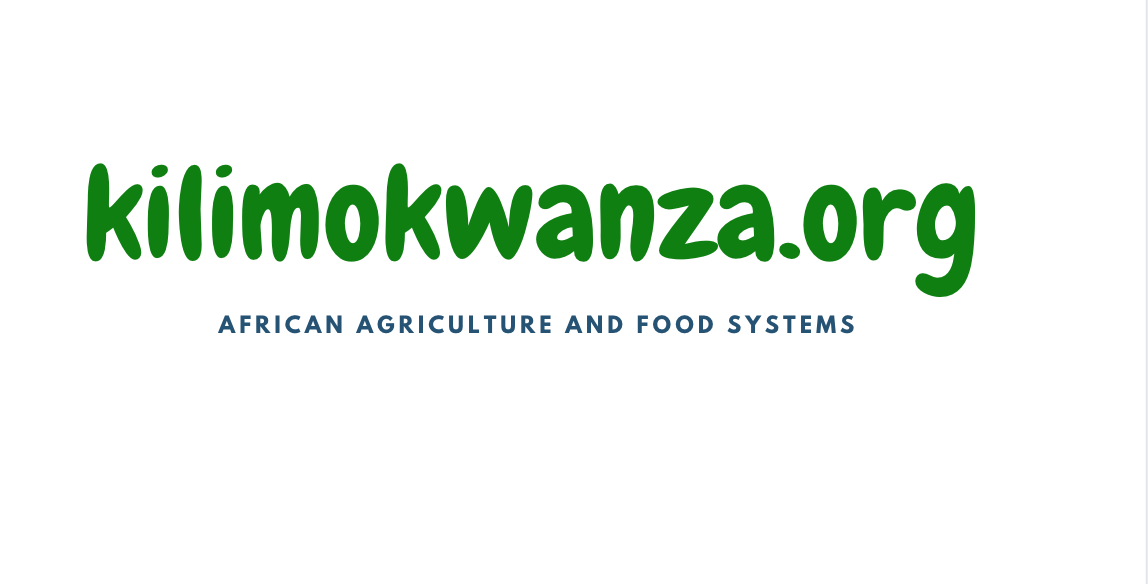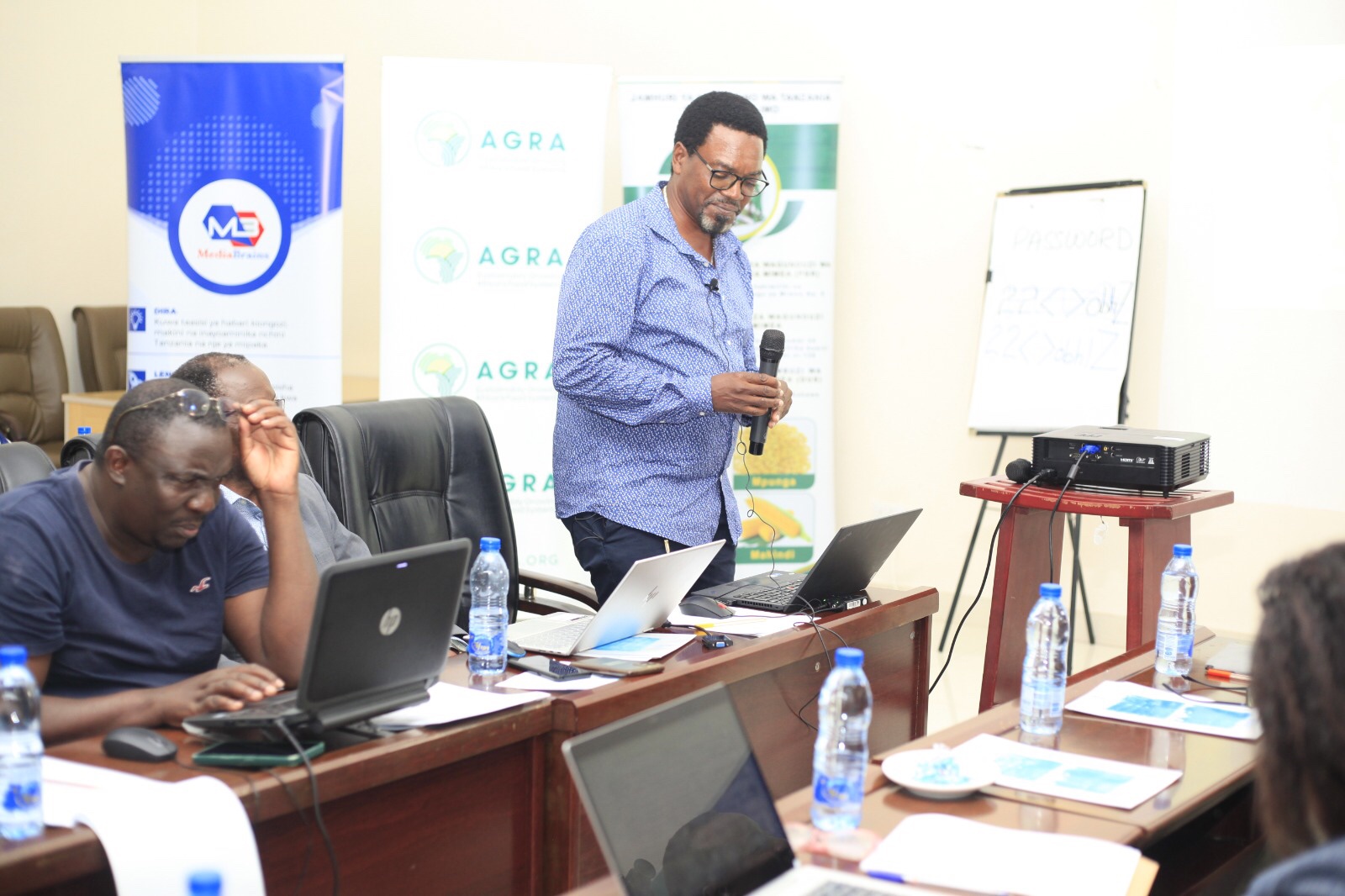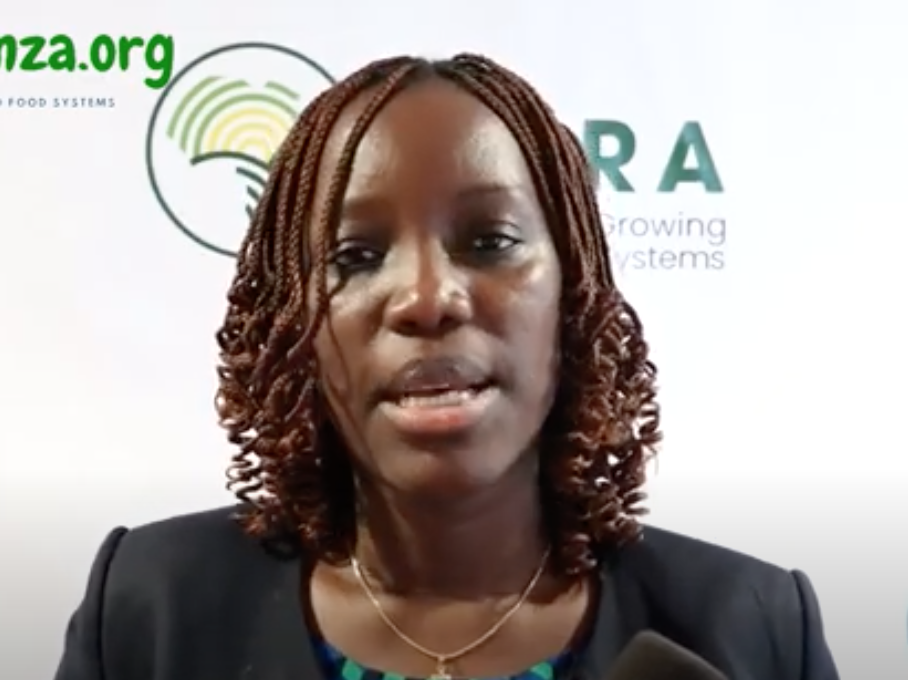TANZANIA’S AGRICULTURE MINISTRY PREPARES LIME-USE GUIDELINES TO COUNTER SOIL ACIDITY
In a pioneering move for Tanzania’s agricultural industry, the Ministry of Agriculture has announced the creation of comprehensive lime-use guidelines for extension officers. The aim is to provide essential training for farmers on the correct application of lime, a method known to reduce soil acidity and improve overall soil health.
The move comes amid escalating concerns about the detrimental effects of soil acidity on agricultural productivity in the country. “Most of our farmers are not accustomed to checking the health of the soil before ploughing, but soil layers have to be examined before planting for productivity to be achieved,” said Minister of Agriculture Adolf Mkenda, on 28-05-2021.
While the timeline for the distribution of these guidelines is yet to be disclosed, the minister emphasized the government’s commitment to supportinging farmers through this initiative, which also includes the provision of motor vehicles to extension officers.
These comprehensive lime-use guidelines are expected to serve as a critical tool for combating soil acidity, a challenge that Mkenda stressed needs urgent attention. “We want to eliminate soil acidity using extension officers. That is the essence of having the guidelines,” he stated.
In a meeting with farming experts, development planners, investors, and government officials, Mkenda championed lime as a solution for soil acidity and urged for a collective effort to educate farmers about this issue. “We must collectively educate farmers on the problem in the soil they are using and the amount of lime they need to eliminate the problem,” he declared.
A key challenge to overcome is the cost of transporting lime from its production site in Dodoma to the southern highlands, where soil acidity is a major problem. However, a potential solution is in sight: Mr Djovita Diyami, owner of Highland Building Company, has offered to collaborate with the government in setting up a lime factory at Nanyala, where six million tonnes of raw materials are reportedly available for producing lime.
Tanzania’s grain basket, the Morogoro and southern highlands regions, could potentially benefit significantly from these measures. However, experts caution that thorough planning is necessary to maximize cereal production for both local and export markets.


